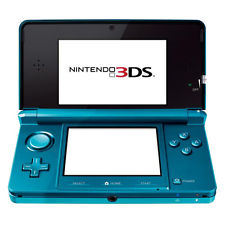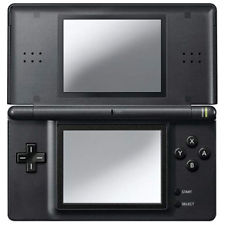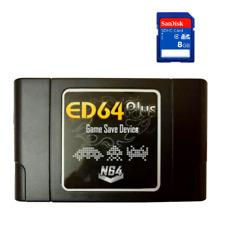|
November 30th, 2018, 17:27 Posted By: wraggster
There's been a slightly surprising amount of consternation over Nintendo of America president Reggie Fils-Aime's assertion this week that Nintendo does around 60% of its business in the holiday quarter. In some quarters this seems to have raised eyebrows simply because it seems improbably high. In others it's ignited yet another tiresome round of the endless argument over whether Nintendo is "for kids", with the heavy holiday quarter loading being taken as evidence that the firm's hardware and software are largely purchased by parents as gifts for children.
The very existence of this argument is bewildering, given that Nintendo is perfectly open about seeing itself as a toy company first and foremost. It also ignores the enduring popularity of things "for kids" among adult audiences and the fact that adults, too, tend to receive gifts from one another around the holiday season - although perhaps not the kind of adults who spend too much time ranting on the Internet about other people's gaming preferences."To hit its targets, a holiday quarter that racks up an enormously disproportionate amount of the year's sales will be essential"
Perhaps Fils-Aime's goofy onstage persona at Nintendo events has lulled people into a misconception that he is not to be taken seriously in his corporate pronouncements, but it really shouldn't surprise anyone that these figures were not pulled from thin air. However, the numbers may reflect more about Nintendo's aspirations for this year than they do about its historical performance. While the granularity of the financial figures in Nintendo's annual reports leave a little to be desired, one thing we can say is that at no point since the launch of the Wii has the holiday quarter (the three months ended December 31st) ever accounted for 60% of the company's annual sales. The figure is high, for sure - in many years it hovers around 50% - but it's not quite at the level Fils-Aime suggested.
That doesn't mean he's wrong. The figures in the annual report are global figures, meaning that they encompass territories where holiday gift-giving is far less of a major retail boom than it is in North America. If half of Nintendo's global sales are accounted for in the holiday quarter, it wouldn't be at all surprising if that number hits 60% in the United States on occasion, especially given that both Thanksgiving and Christmas offer major sales spikes during that quarter in the US. Hence I don't think Fils-Aime misspoke or pulled out an unsupported figure. Rather, I suspect he was speaking as Nintendo of America boss, rather than as a representative of Nintendo globally.
The thing is, though, that Fils-Aime's statements will naturally be taken in the context of Nintendo's incredibly high aspirations for Switch sales this financial year. The company maintains that it's going to sell 20 million units of the console by the end of March 2019, a goal which it's still a fair way from accomplishing as of its most recent global installed base announcements. To hit its targets, a holiday quarter that racks up an enormously disproportionate amount of the year's sales - say, oh, around 60% of them - will be absolutely essential. "Where are the holiday system-sellers for Sony and Microsoft, especially given that the holiday season does indeed skew young?"
In fact, a little back-of-envelope (or hastily-compiled-Excel-sheet in this case) calculation suggests that on the basis of the performance of the June and September quarters, the December and January quarters will need to account for about 75% of that sales target between them - and historical performance suggests that 60% in a bumper holiday season followed by eking out the last 15% in the New Year is about the only way to reach that lofty goal.
Regardless of whether Nintendo's actual holiday season numbers account for 60% or something shy of 50%, these are remarkably high figures for holiday weighting. The obfuscation of unit sales figures by platform holders over the years (with Microsoft being the current guilty party) makes it a little tricky to make a direct comparison, but it seems unlikely that any platform holder other than Nintendo has approached this kind of holiday-heavy weighting in their quarterly figures in recent years. Sony's holiday quarters typically account for somewhere just shy of 40% of annual revenue - more than other quarters, but not that much more. Microsoft's figures are likely broadly in line.
https://www.gamesindustry.biz/articl...n-the-holidays
For more information and downloads, click here!
 There are 0 comments - Join In and Discuss Here There are 0 comments - Join In and Discuss Here
|
|
 NES
NES










